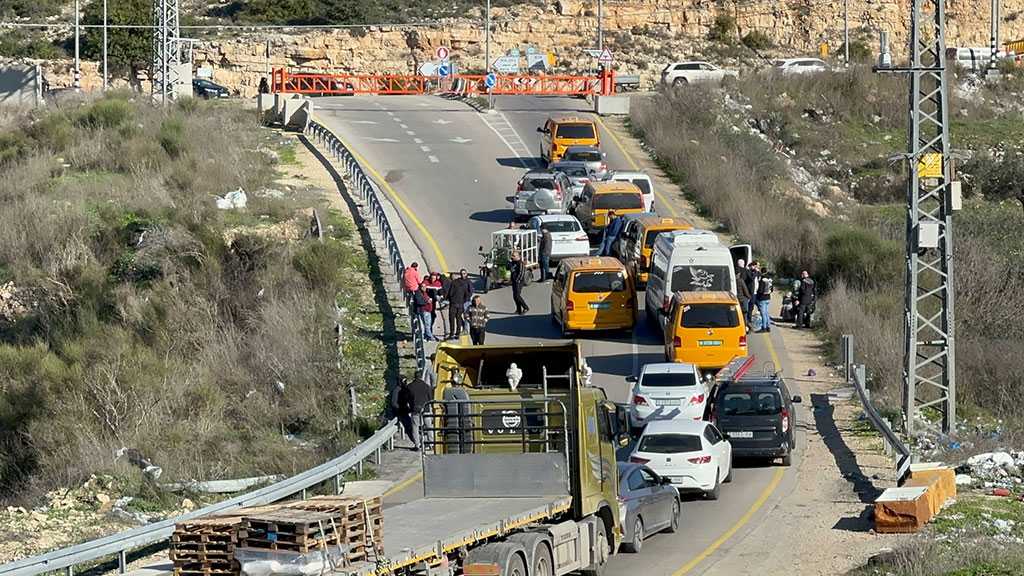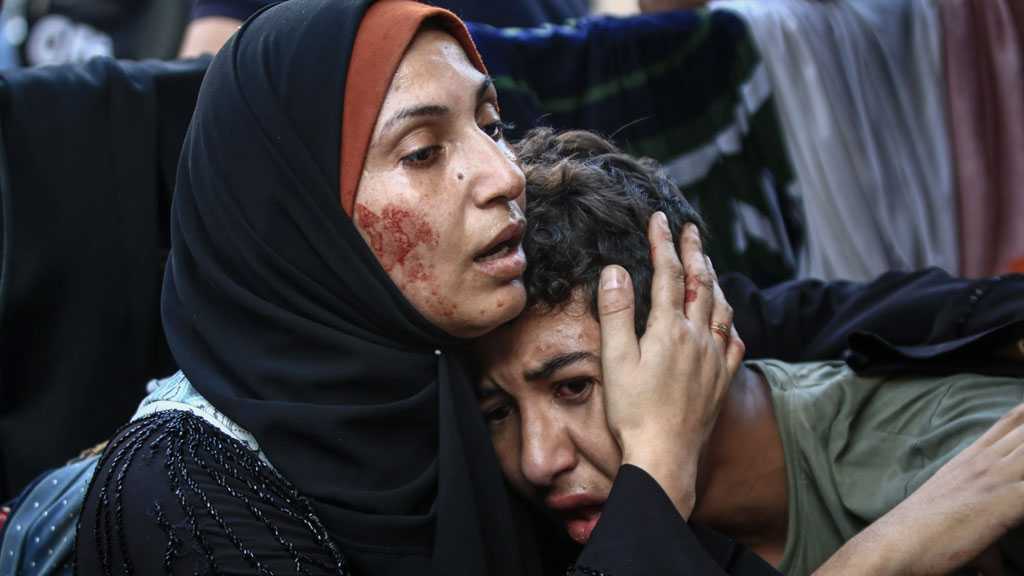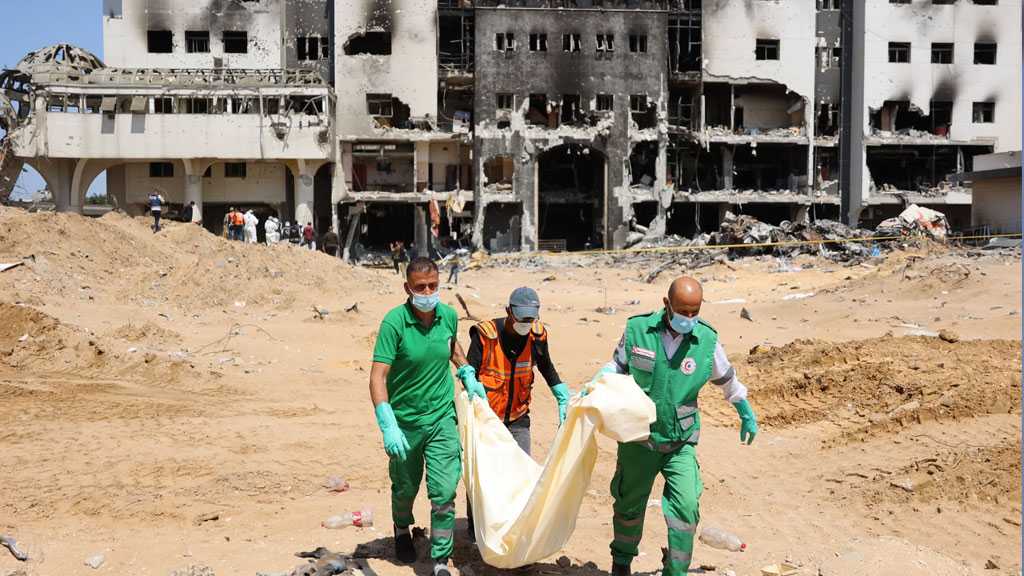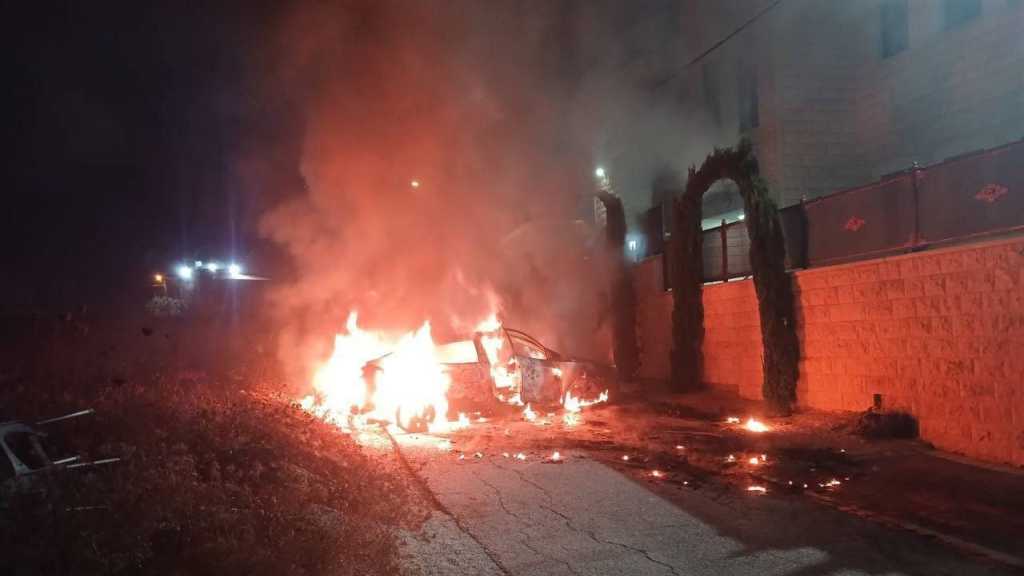“Israel” Cages Palestinian Towns in West Bank with Iron Gates

By Staff, Agencies
“The gate is closed.” This phrase is repeated several times a day among Palestinians in the occupied West Bank, describing their lives under the ongoing “Israeli” closure of their towns and villages.
“Israel” has been increasingly installing iron gates at the entrances to Palestinian villages and towns in the West Bank to prevent the movement of residents.
“Israel” started placing gates at the entrances of towns and villages during the Second Intifada in 2000, but it has doubled down on the practice, seen by Palestinians as collective punishment, especially since 7 October.
After the current aggression on Gaza started, Palestinians have recorded a huge jump in the number of these gates, with 28 installed in just one day at the entrances to villages close to the city of Ramallah.
Closing the gate may last for many days or even months, severely constricting the movement of Palestinians and forcing them to use alternative, bumpy dirt roads, resulting in hours of driving to arrive at their destinations.
These gates restrict the movement of Palestinians from the northern West Bank into the city of Ramallah, the center of Palestinian government institutions, ministries, and public functions.
Closing the gates means blocking tens of thousands of citizens from moving freely and reaching their work and schools.
According to a report by the Applied Research Institute, the number of military checkpoints of various types and forms installed by “Israel” in the West Bank had reached 567 until 6 October, including 77 main checkpoints, and 490 checkpoints that consist of dirt barriers, cement blocks, and iron gates.
The report explains that, since 7 October, the “Israeli” army has added more than 140 new checkpoints and obstacles, aiming to isolate the entrances to Palestinian cities, villages and towns, prevent communication between them, restrict the movement of Palestinians, and prevent them from using bypass roads that have become for the use of settlers only.
Comments
- Related News




